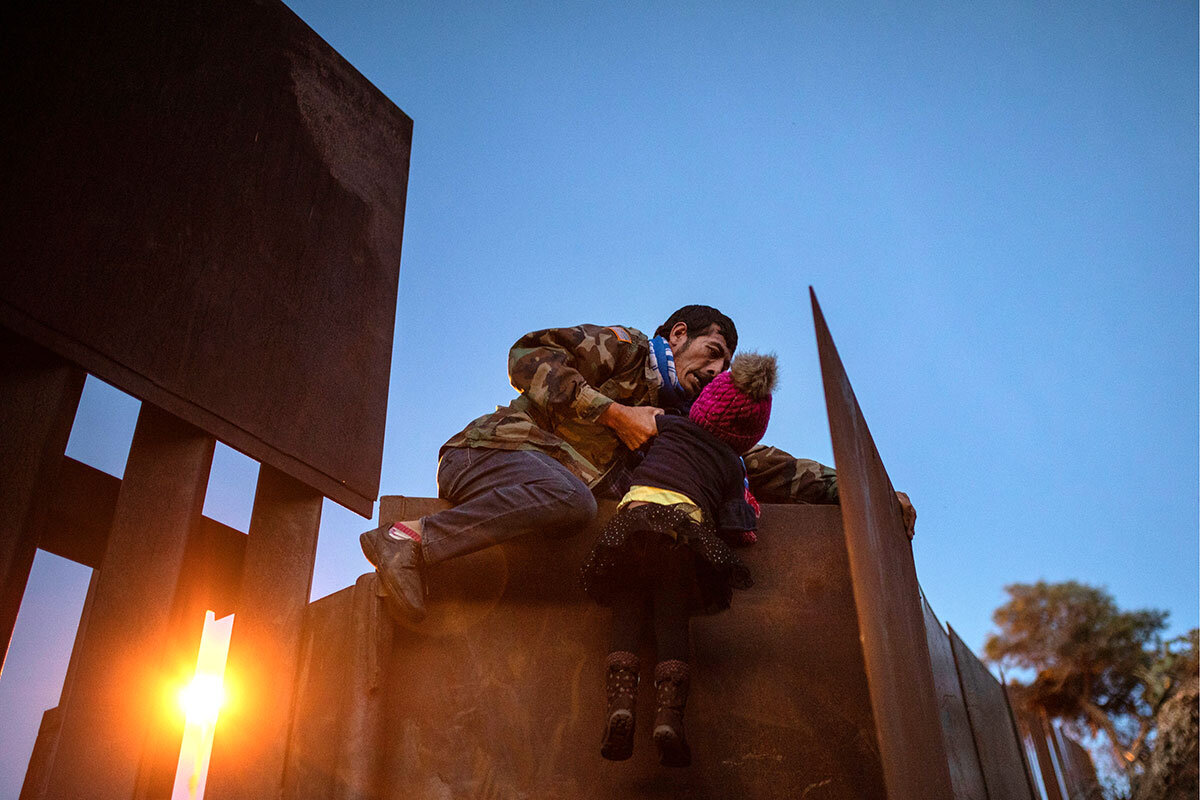If conflict creates opportunity, so does its resolution. Syria's civil war created openings for outside powers Iran and Turkey. But by embracing an eager Syria anew, Arab diplomats are pushing back.
Monitor Daily Podcast
- Follow us:
- Apple Podcasts
- Spotify
- RSS Feed
- Download
 Kim Campbell
Kim Campbell
The silencing of an outspoken voice for tolerance this week has some Poles questioning their country's hard-right turn.
The popular mayor of Gdansk, Pawel Adamowicz, died of injuries he sustained from a knife attack at a public event. His assailant, recently released from prison, shouted that political retribution was his motivation.
Somber reflection is happening in Poland, where political discourse is increasingly extreme (see our editorial, below). Mr. Adamowicz supported immigrants and LGBTQ rights, and decried anti-Semitism. His liberal positions sometimes earned him death threats, but those didn’t stop him.
“I am a European so my nature is to be open,” he told The Guardian newspaper in 2016. “Gdansk is a port and must always be a refuge from the sea.”
An American teacher I know who works in the city says people there are “shattered,” comparing their response to that of the Kennedy assassination. Most people, she says, have never seen this level of hate in public. Vigils happening across Poland feature signs saying “Stop Hate,” and at least one newspaper editorial called for a “systemic fight against hatred.”
For now, those in Gdansk are finding solace in the company of other mourners, and in showing kindness to one another – hugging, giving up their seats to elders. Many are looking to Jerzy Owsiak, a social activist who won a peace medal, for leadership. He was the head of the charity event where the mayor was killed. “You can’t fight violence with violence,” he said this week. “Let’s be Poles who love one another.”
Now here are our five stories for your Thursday.










